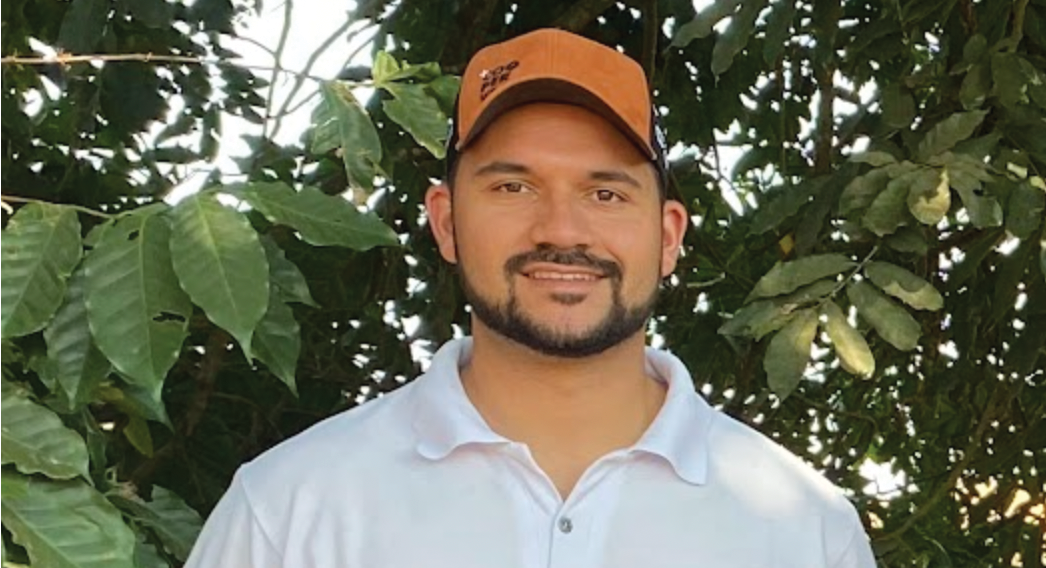In 2022, we talked to Thales Lenzi of Coopervass about our partnership and our shared wish to make coffee production more Futureproof. This is what he had to say:
2022 was the third year of partnership between Wakuli and Coopervass. We sold our second microlot and in this year we sold the second production of André, 2022 was the first time that he produced specialty coffee.
Partnership and Price
Coopervass chose to commit to full transparency some years ago. To show what farmers get for their coffee and show to the buyer how we are using the money that they invested. We believe it is essential to be a good direct exporter and a good partner. However it is not very common in Brazil where producers are used to selling to big traders and they don’t care what farmers are paid, they only think about their profit.
Three years ago we started this project to directly export. It was a dream for Coopervass. Wakuli believed in our principles, our transparency. The other way around we also believe in the Wakuli approach to sell the coffee directly to customers. We are very happy to be involved and learn more about how our coffee is entering the households in the Netherlands and Germany.
Sometimes farmers can sell their coffee somewhere else for the same or slightly better price on a certain day but they value our partnership and wish to sell their coffee to Wakuli because they know they will get a good price again next season. That predictability is very valuable.
Fun fact: We had the idea that coffee companies in Europe would be totally mechanised, big factories. During our visit to Amsterdam last year it was amazing to see that Wakuli is so much more artisanal.
Regenerative production and quality
We find that times are changing. It is becoming more important to open the mind of the Coopervass farmers: we need to produce and preserve.
Climate change is an everyday issue for us: changing weather patterns are having a large impact on the way we can produce coffee. In the last few decades January has been very dry. This year that changed: a lot of rain! That of course has an influence on how the coffee plants bloom and how the beans grow. Now we see hail storms more frequently. Large rocks of ice! The winter is colder now, we had more than 20 years without big frost, but two years ago it happened again. That damaged the coffee trees very badly. So you can see, we will need to find ways to make our farms more resilient.
We see that taste is negatively affected by overuse of chemical fertilisers and pesticides. Over the last years while decreasing use we saw an improvement of quality. We want to examine what this effect is. So how do we determine the connection between soil quality and the quality of coffee? That is what we will find out in the coming years.
We believe that if we do this in the right way it can improve our quality AND save money on chemicals we traditionally use.
It is amazing to see how Ruben of Rockinsoils is bringing knowledge of projects from all over the world to Brazil. We have already learned a lot. In the next phase we will work with 70 farmers to start experimenting with organic fertilizers and compost.
We are entering our fourth year with Wakuli and hope to keep working and growing together for years to come!
Interview with Thales Lenzi, Coopervass



